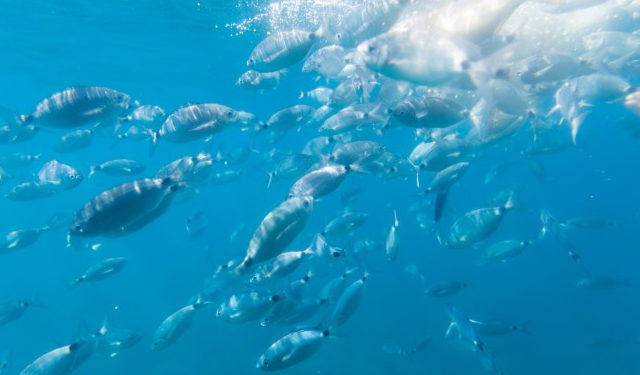Climate change and worrying effects on the oceans – Our planet’s oceans are facing an unprecedented challenge due to climate change. A team of international scientists has highlighted how global warming, acidification and oxygen depletion are putting a strain on marine life. Their study, published in Scientific Reports, presents a detailed map showing the impacts of climate change on Europe’s oceans, providing essential insight for future mitigation actions.
The researchers analysed five key indicators of ocean health: temperature, salinity, pH (which measures acidity), oxygen levels and chlorophyll. Using a method called ‘statistical downsizing’ of climate data, they were able to provide high-resolution projections of how climate change will affect these indicators in European waters.
The results are clear: all indicators show worrying trends that vary by region.
Acidification, in particular, emerges as the most immediate threat, with levels that could increase rapidly in the coming years depending on the mitigation scenario adopted. Warming and deoxygenation, on the other hand, will only show their true dimensions in the second half of the century, complicated by natural variability and model uncertainties.
This work emphasises the urgent need for coherent and strong climate policies to protect the oceans. Climate change mitigation is not only a matter of reducing greenhouse gas emissions, but also requires targeted actions to preserve marine ecosystems that provide vital services to humanity.
Scientists from the EU-funded FutureMARES project played a key role in this study, demonstrating the importance of advanced research and international collaborations in combating the challenges posed by climate change. With high-resolution data for European coastal waters, it is now possible to begin to better understand how to adapt to and mitigate the effects of climate change on marine ecosystems.
Climate change and the worrying effects on the oceans








